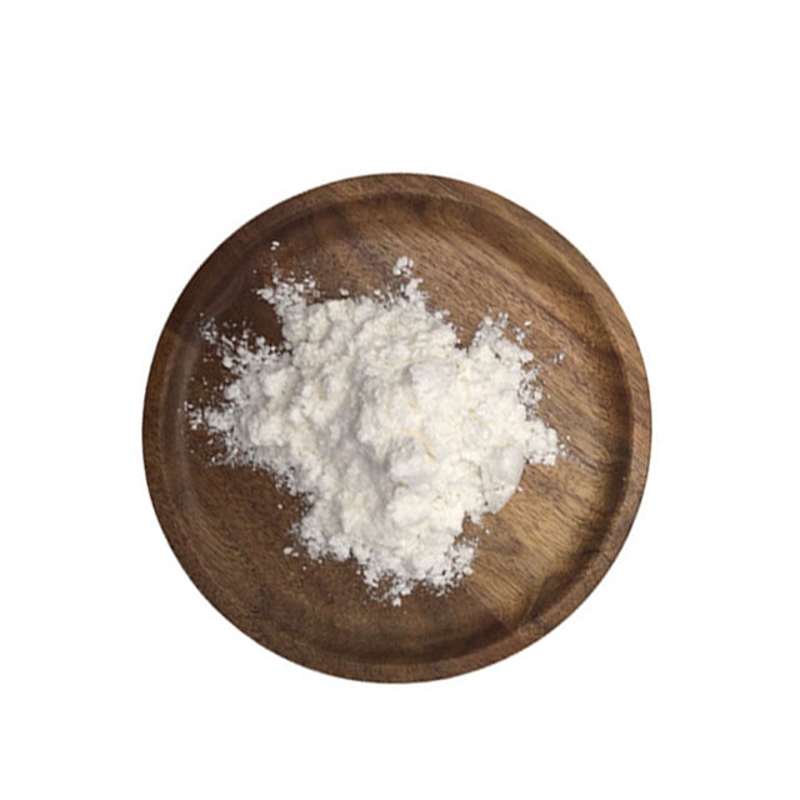-
Categories
-
Pharmaceutical Intermediates
-
Active Pharmaceutical Ingredients
-
Food Additives
- Industrial Coatings
- Agrochemicals
- Dyes and Pigments
- Surfactant
- Flavors and Fragrances
- Chemical Reagents
- Catalyst and Auxiliary
- Natural Products
- Inorganic Chemistry
-
Organic Chemistry
-
Biochemical Engineering
- Analytical Chemistry
- Cosmetic Ingredient
-
Pharmaceutical Intermediates
Promotion
ECHEMI Mall
Wholesale
Weekly Price
Exhibition
News
-
Trade Service
Stomach cancer (GC) is a malignant tumor with high morbidity and mortality, and is the second most common cause of cancer-related death worldwide.
like other cancers, clinical symptoms of GC are usually not specific at an early stage and require invasive tests to detect processes that are expensive and painful for patients.
for early detection, diagnosing and improving outcomes in GC patients urgently requires the identification of new biomarkers for early GC.
high-volume technology is used to identify potential biomarkers for specific human diseases, including GC, and recently, a large number of GC candidate biomarkers and associated genetic markers have been identified using GC-based difference expression spectrum data selection features using high-volume platforms.
previous studies have shown that ATP4B plays an important diagnostic role in GC organizations and normal tissues with significant differences in expression.
-potassium ion-ATPasease (ATP4) is a membrane-binding TYPE ATPase enzyme on the surface of gastric wall cells responsible for the secretion of stomach acid.
the ATP4B gene responsible for the expression of this enzyme, and studies have reported that ATP4B reduction is closely related to the prognostic difference in patients with stomach cancer.
, this study aims to explore the diagnostic properties of ATP4B and its biological role in the progress of stomach cancer tumors.
used genomic analysis to assess the correlation between ATP4B expression levels and clinical pathological parameters, as well as the correlation between ATP4B expression and overall survival.
function of ATP4B in stomach cancer has been confirmed by cell models of obtaining and losing function, as well as tumor heterogeneous transplantation models.
the possible downstream effects of ATP4B were analyzed by quantitative proteomics analysis.
results show that the sharp decline of ATP4B is related to the malignant transformation of stomach mucosal lesions and to adverse differentiation.
the recovery of ATP4B expression in stomach cancer cells significantly inhibits cell proliferation, cell vitality, migration, invasion, tumor-inducing and induced apoptosis, while ATP4B silence plays the opposite role.
mechanism, abnormal mitochondrial metabolism was found in ATP4B over-expressed GC cells, which may be the cause of abnormal cell function.
This study shows that reduced ATP4B expression is an indicator of malignant transformation of the stomach mucous membrane and GC invasive epitype, and it plays an inhibitory role as a tumor suppressor in stomach cancer by regulating mitochondrial metabolism and apoptosis.







